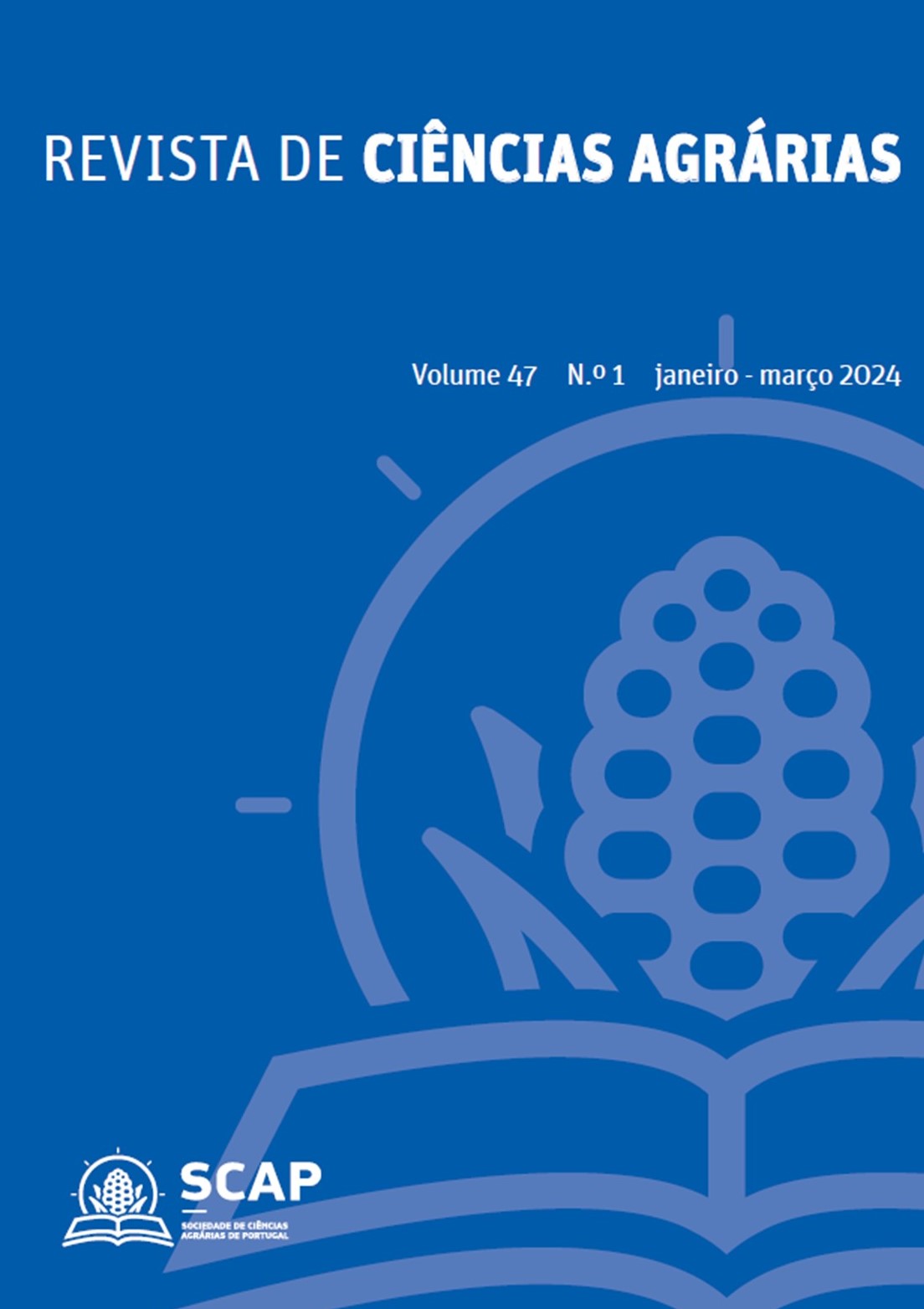Primeros resultados sobre los efectos de prácticas regenerativas en las propiedades del suelo y las arvenses de un cultivo de almendro
DOI:
https://doi.org/10.19084/rca.34964Resumen
La búsqueda de prácticas agroeconómicas que mejoren la producción en nuestros agroecosistemas de secano ha conllevado un aumento del interés por la agricultura regenerativa. Dicha agricultura está basada en prácticas que fomentan un manejo agrícola que restaura suelo, mejora la gestión del agua y fomenta la biodiversidad. La iniciativa de la Fundación Aland en las comunidades agrícolas locales de Andalucía y Murcia fomenta un agroecosistema productivo integrado denominado ‘Almendrehesa’. Este agroecosistema combina el cultivo de almendro con técnicas regenerativas promocionando la transformación y comercialización de la materia prima con valor añadido. En colaboración con el Territorio AlVelAl, exploramos la idoneidad de las técnicas regenerativas en sistemas agroecológicos semiáridos. Llevamos a cabo un proyecto de seguimiento en un huerto de almendros en Illana (Guadalajara), en el centro de España, y coordinamos la aplicación de técnicas regenerativas co-diseñadas por los investigadores y los gestores de la tierra. Se aplicaron seis técnicas 1) mínimo laboreo (ML), práctica habitual para la zona; 2) mínimo laboreo con enmiendas orgánicas (ML&Compost); 3) mínimo laboreo con cultivo de leguminosas como abono verde (ML& Leg); 4) mínimo laboreo con cultivos mixtos de cereal y leguminosas como abono verde (ML& Mix); 5) mínimo laboreo con Brachypodium como abono verde (ML& Bra) y 6) mínimo laboreo con cereal como abono verde (ML& Ce). Se pretende estudiar el impacto de las prácticas regenerativas en parámetros del suelo (densidad aparente y humedad del suelo) y en la biomasa de las mala hierbas y área foliar del almendro. En este trabajo se presentan los primeros resultados del proyecto obtenidos durante la campaña 2022-23.


